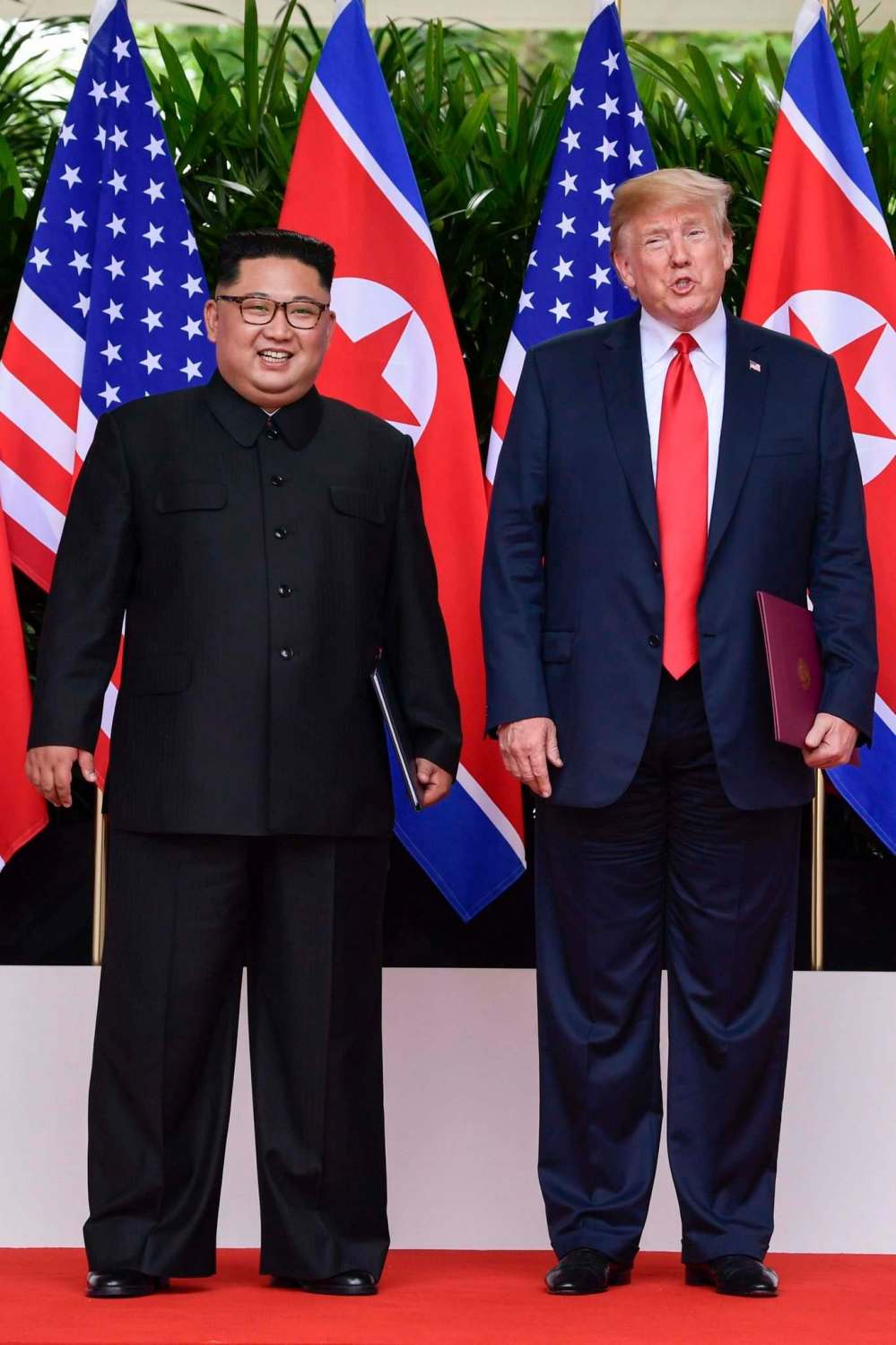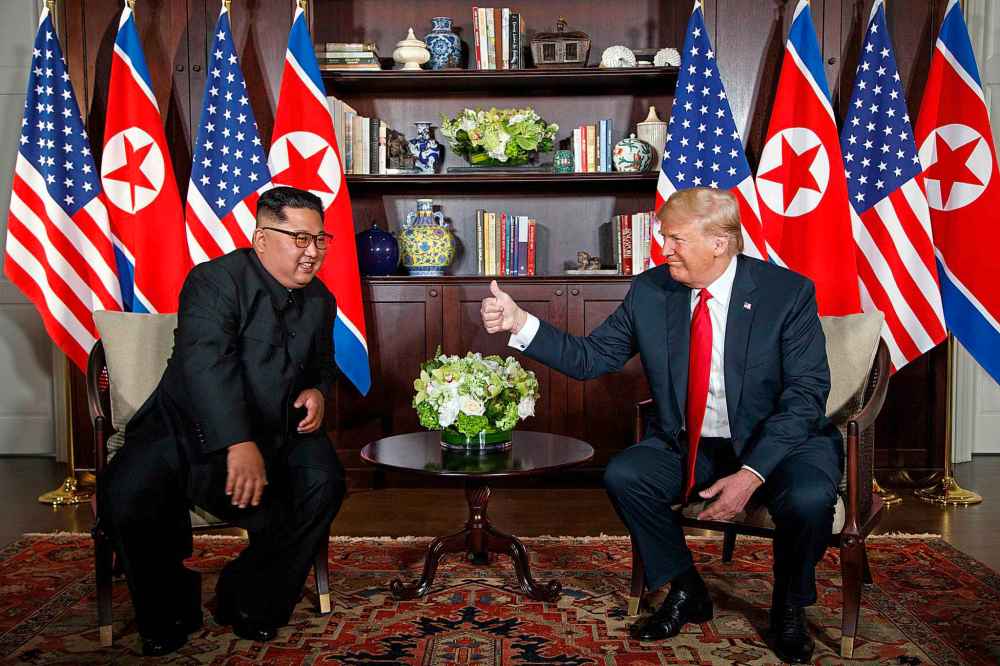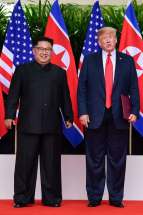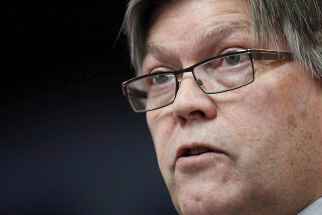Beyond the photo-op, not much to report
Read this article for free:
or
Already have an account? Log in here »
To continue reading, please subscribe:
Monthly Digital Subscription
$0 for the first 4 weeks*
- Enjoy unlimited reading on winnipegfreepress.com
- Read the E-Edition, our digital replica newspaper
- Access News Break, our award-winning app
- Play interactive puzzles
*No charge for 4 weeks then price increases to the regular rate of $19.00 plus GST every four weeks. Offer available to new and qualified returning subscribers only. Cancel any time.
Monthly Digital Subscription
$4.75/week*
- Enjoy unlimited reading on winnipegfreepress.com
- Read the E-Edition, our digital replica newspaper
- Access News Break, our award-winning app
- Play interactive puzzles
*Billed as $19 plus GST every four weeks. Cancel any time.
To continue reading, please subscribe:
Add Free Press access to your Brandon Sun subscription for only an additional
$1 for the first 4 weeks*
*Your next subscription payment will increase by $1.00 and you will be charged $16.99 plus GST for four weeks. After four weeks, your payment will increase to $23.99 plus GST every four weeks.
Read unlimited articles for free today:
or
Already have an account? Log in here »
Hey there, time traveller!
This article was published 12/06/2018 (2742 days ago), so information in it may no longer be current.
U.S. President Donald Trump was clearly pleased by what he had to say after his much-anticipated summit meeting with North Korean leader Kim Jong Un.
Now it’s up to the rest of the world to assess the challenges and dangers posed by what wasn’t said.

What Mr. Trump offered to the assembled media throng amounted to platitudes and generalities. “Honest, direct and productive,” was how he described his encounter with the North Korean dictator, adding that, “We got to know each other well in a very confined period of time.”
Calling the summit “a very great day,” the U.S. president offered a less-than-detailed description of how the joint statement signed by the two leaders will lead to the denuclearization of the Korean peninsula.
“People thought this could never take place,” Mr. Trump said. “It is now taking place.”
What the president didn’t explain, however, is how the U.S. — along with an international community of allies he has largely alienated with his Twitter sniping and soundbite broadsides — is going to ensure North Korea follows through on this week’s loosely framed commitment to remove itself from the ranks of the world’s nuclear powers.
There was no mention of independent verification of the proposed nuclear-weapons dismantling, and no hint of how the as-yet-undefined agreement will be enforced.

Beyond the predictable self-congratulatory asides (“My whole life has been deals. I have done great at it. That’s what I do. I know when somebody wants to deal and I know when somebody doesn’t.”), Mr. Trump offered no insights regarding why this handshake from Mr. Kim should be trusted more than the tangle of broken treaties and defied sanctions that preceded it.
And perhaps as troubling as the non-specificity of the denuclearization discussion is the fact Mr. Trump seemed to completely ignore North Korea’s horrendous history of human-rights abuses — under the oppressive rule of Mr. Kim and his late father, tens of thousands have been murdered or imprisoned; some estimates suggest as many as 120,000 citizens are currently locked up in the country’s network of gulags.
Even within the ruling-family circle, the abuses are legendary: in addition to having ordered more than 340 people executed, Mr. Kim is accused of arranging the murder of his own uncle and half-brother.

Since assuming the mantle of “Supreme Leader” in 2011 after the death of his father, Kim Jong Il, the North Korean leader has largely been a pariah in the global community because of the aforementioned human-rights atrocities and his fanatical pursuit of a nuclear-weapons arsenal.
But this week, the U.S. president, who has famously derided Canadian Prime Minister Justin Trudeau as “dishonest and weak” and German Chancellor Angela Merkel as the “person who is ruining Germany,” offered glowing praise for the North Korean despot, calling Mr. Kim “a very talented man” who “loves his country very much.”
Intentionally or otherwise, Mr. Trump has legitimized Mr. Kim in a manner his predecessors were careful to avoid.
While it’s fair to suggest not much of what Mr. Trump said before boarding Air Force One for the 25-hour flight back to Washington, D.C., was particularly enlightening to observers of international diplomacy, it’s also probably a safe bet that most folks who understand global issues heard more than enough to confirm what they already knew: the Trump/Kim summit was a photo-op, and not much more.
History
Updated on Tuesday, June 12, 2018 9:52 PM CDT: Fixes typo.







